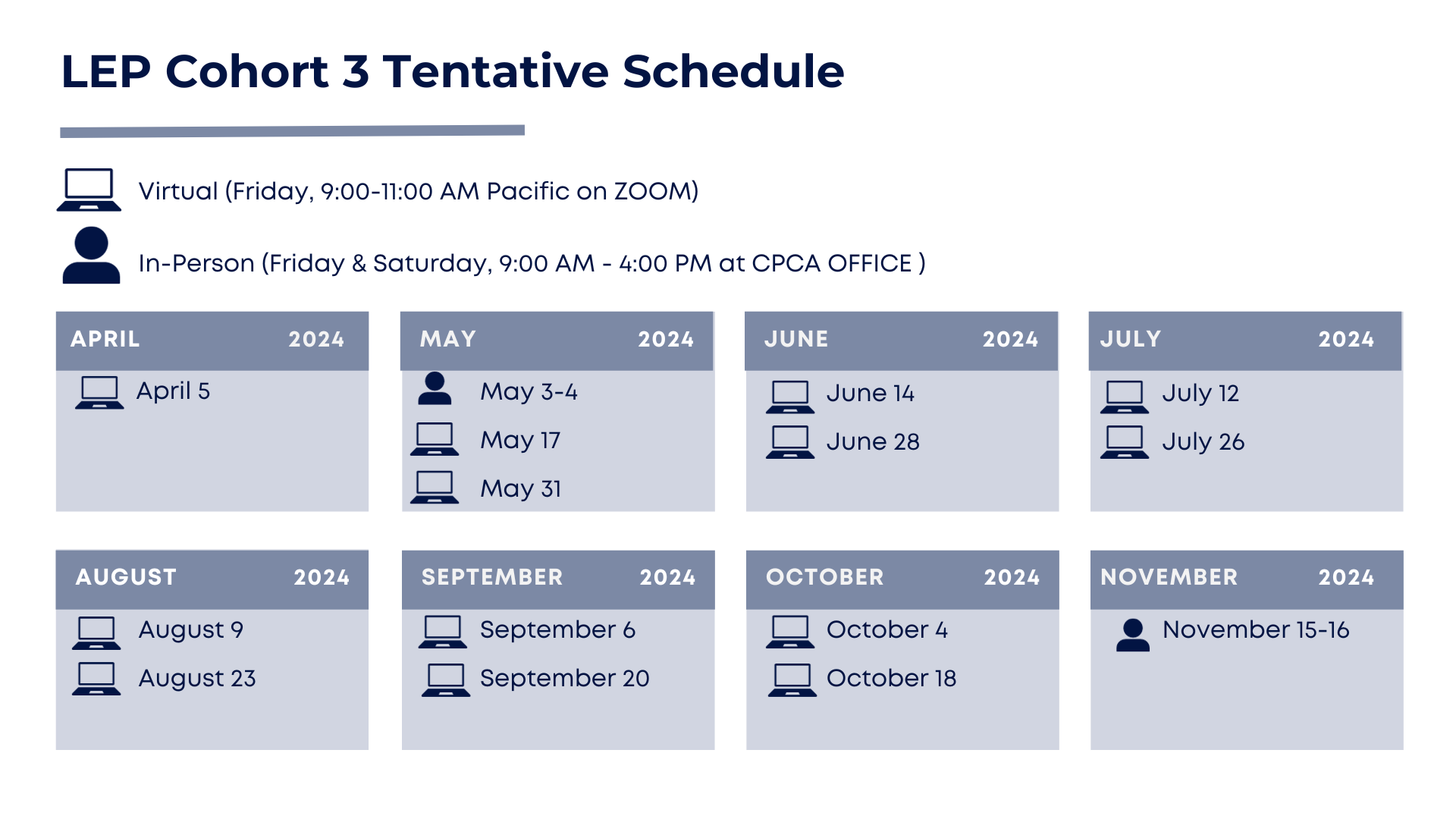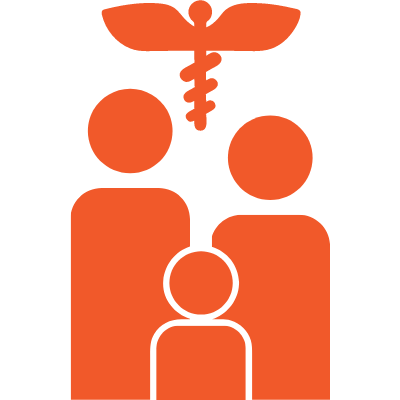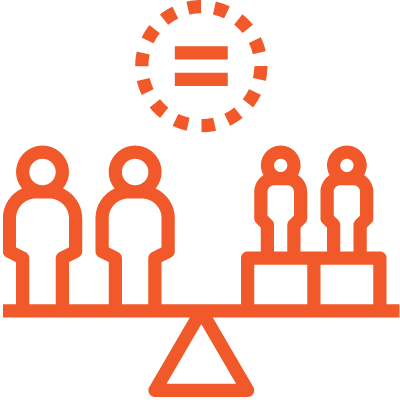Our collective vision for the Leadership Equity Program (LEP) is that all California residents, their communities, and marginalized populations have equitable access to resources and assets that promote and sustain Joy, Peace, Security, and Well-Being.
The Leadership Equity Program (LEP) offers a cohort-based program to prepare the next generation of senior and executive leaders with the skills, knowledge, and passion required to expand organizational innovations and place-based strategies centered on racial and structural equity and community well-being.
The LEP design empowers Community Health Centers (CHCs) to attract, retain, and advance community-minded leaders who reflect the diversity of communities across California.
NOMINATE A PARTICIPANT
Nomination Deadline: December 20, 2023
 NOMINATION PROCESS
NOMINATION PROCESS
CHC executive leadership may nominate an LEP participant that they envision entering a senior leadership or executive role within 1-5 years. Nominated participants should:
- Be in a mid-level management or supervisory role
- Be a current employee of a CHC in California or employed by a regional or statewide consortium serving California's CHCs
- Be open to personal and professional development
- Have demonstrated a long-term commitment to racial, structural, and health equity, and community well-being.
Nominations open November 6, 2023. Once the nomination is received, CPCA staff will invite the CHC and nominee to complete the final application material and provide further logistical details. All remaining applications material are due by February 16, 2024.
Program Costs
$6,500 Total cost per cohort participant. The sponsoring CHC is responsible for reimbursing the participant's travel and other incidental costs for attending training and other program events.
Please note we have reduced the cost significantly for LEP 2024. We want to provide optimal access and opportunity for cohort members to participate in the program. Creating an optimal price point required some difficult decisions, including fewer virtual sessions, coaching sessions, and one less in-person meeting for cohort participants. Additionally, LEP will no longer offer capacity building and organizational coaching for executive teams as part of the overall progrm costs. The heart and soul of the program content remains the same, as well as the mission to train the next generation of diverse aspiring CHC executives.
 THE LEP EXPERIENCE
THE LEP EXPERIENCE
Watch these videos to hear from past LEP participants on what the experience has meant for them.
 PROGRAM STRUCTURE
PROGRAM STRUCTURE
PROGRAM OVERVIEW
The LEP cohort will begin in April 2024 and complete the program in approximately eight months. The LEP's dynamic leadership training includes interactive in-person and virtual sessions, executive coaching, peer-to-peer learning, and a capstone project. Participants will build a strong professional network and receive expert guidance from leaders in the field.

Cohort Curriculum
 |
|
Leadership Development
Participants will recognize how to flex their personality preferences to engage, hear, and value colleagues, direct reports, and senior and executive leadership. Participants will apply Inclusive and Adaptive Leadership frameworks to examine personal biases, identify key traits of an effective leader, and understand the importance of engaging authentically to drive change and create an organizational culture of inclusion and belonging.
|
 |
|
Community Well-being
Participants will develop a capstone project that addresses their unique organizational and community needs and leadership goals. Participants will apply their learning and understanding of using data, policies, and community voice for leadership decision making and build a balanced strategy to address equity and advance well-being within their surrounding communities.
|
 |
|
Racial & Structural Equity
Participants will apply tools and frameworks to understand white supremacy, systemic racism, and intersectionality. Participants will analyze and discuss ways to address the correlation between racial trauma and systems of inequity, and the association between implicit bias and other forms of oppression and lower-quality health services for Black, Indigenous, and People of Color.
|
 |
|
Value-based Care
Participants will compare and contrast the pros and cons of the Prospective Payment System (PPS) and Fee-For-Service (FFS) vs. Alternative Payment Methodologies (APM). Participants will explore innovative revenue models that can best center patient voice and maximize the integration of outreach staff (CHWs, navigators, promotoras) to link patients to community assets that ensure coordinated, equitable, and patient-centered care.
|
 PROGRAM DELIVERY
PROGRAM DELIVERY
In-Person Training:
Participants will attend two in-person, two-day sessions that will take place during a Friday-Saturday in May 2024 and November 2024.
Virtual Training:
Participants will partake in 12 virtual sessions through an interactive learning management system.
Capstone Project:
Participants will develop and carry out a capstone project that addresses their unique organizational and community needs and leadership goals.
Peer-Peer Learning:
Participants will join peer groups to complete team assignments and provide a forum for peer learning on leadership goals and projects.
Professional Coaching:
Participants will receive three individualized executive coaching sessions tailored to the unique leadership goals they will work on throughout the program.
Alumni Network:
Participants will have access to a network of graduates and alumni activities, including statewide meetings and regional gatherings.